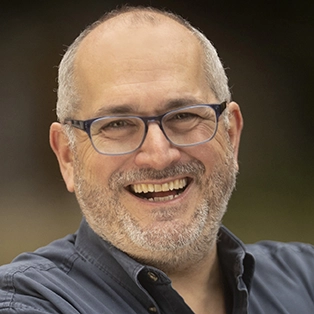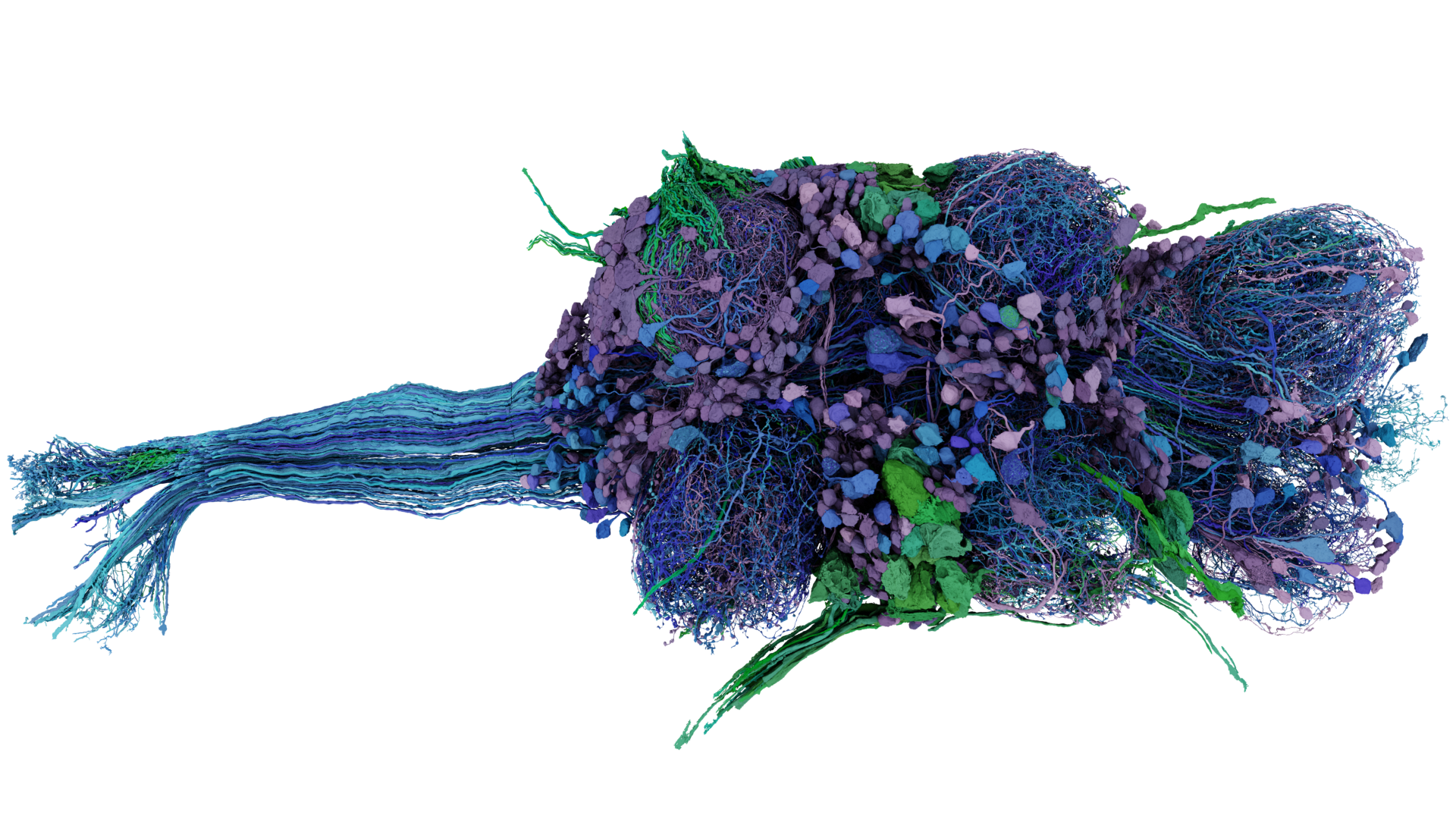Press release provided by Washington Research Foundation

Washington Research Foundation (WRF) has awarded $250,000 to enable Physiology and Biophysics Professor Andrés Barría, Ph.D., to screen for new compounds that could be further developed for the treatment of neurological disorders and synaptopathies including Alzheimer’s disease and schizophrenia. Barría used a previous grant of $50,000 from WRF in 2021 to develop high-throughput screening assays that will be used in this work.
NMDA-type glutamate receptors containing GluN2B subunits regulate many processes important to the central nervous system. They are critical to synaptic plasticity, the ability of synapses to adapt and strengthen according to the demands placed on them. Researchers widely believe that synaptic plasticity plays a significant role in learning and memory, but GluN2B is difficult to target with pharmaceuticals when functioning ineffectively.
Barría is investigating the potential role that Tyrosine Kinase-Like Orphan Receptor 2 (ROR2) might play in trafficking GluN2B toward synapses to facilitate synaptic plasticity. ROR2 features prominently in the brain’s hippocampus, and Barría believes it is possible that drugs could target ROR2 to stimulate its associated Wnt signaling pathway to more efficiently traffic GluN2B toward synapses. This could help to stave off disorders caused by synaptic dysfunction and often associated with aging.
“Our preliminary studies indicate that modulating ROR2 receptors could enhance the ability of neurons to form memories,” said Barría, who was recently named UW Medicine’s assistant dean for equity, diversity and inclusion in research and graduate education. “Any disorders where memory has been compromised, such as Alzheimer’s or Parkinson’s, could be potential targets. Our research should establish whether drugging ROR2 will enhance the associated signaling pathway and reduce these effects.”
Barría and his colleagues are working with staff at the Quellos High-Throughput Screening (HTS) Core at the University of Washington’s Institute for Stem Cell & Regenerative Medicine. Although there are currently no drugs that specifically target ROR2, the HTS Core will enable Barría to screen vast drug libraries and compounds to identify those with the greatest potential to do so. Barría will then carry out further validation studies on those that show the most promise.
“Key to our endeavors is our collaboration with Quellos HTS Core, a UW facility with the expertise and equipment necessary to perform a drug screening within the academic setting,” Barría said.
“We are delighted to support this work to discover possible drugs that target ROR2, which has not previously been considered a major candidate for drug discovery in conditions involving memory,” said Meher Antia, Ph.D., the director of grant programs at WRF. “Academic researchers like Dr. Barría excel at uncovering novel mechanisms of action for potential therapeutic targets and we hope that the WRF funding can help translate that expertise into further development of new drugs.”
Even if Barría’s research progresses as hoped, the development of drugs to target ROR2 is still several years away. However, this project could prove to be a crucial step in that long process and lay the foundation for future work on conditions that have so far proven notoriously difficult to treat.
About Washington Research Foundation
Washington Research Foundation (WRF) supports research and scholarship in Washington state, with a focus on life sciences and enabling technologies. WRF was founded in 1981 to assist universities and other nonprofit research institutions in Washington with the commercialization and licensing of their technologies. WRF is one of the foremost technology transfer and grant-making organizations in the nation, having earned more than $445 million in licensing revenue for the University of Washington and providing over $149 million in grants to the state’s research institutions to date.
WRF Capital, the investment vehicle for Washington Research Foundation, has backed 122 local startups since 1996. Returns support the Foundation’s investment and grantmaking programs.
For additional information, please visit wrfseattle.org.

